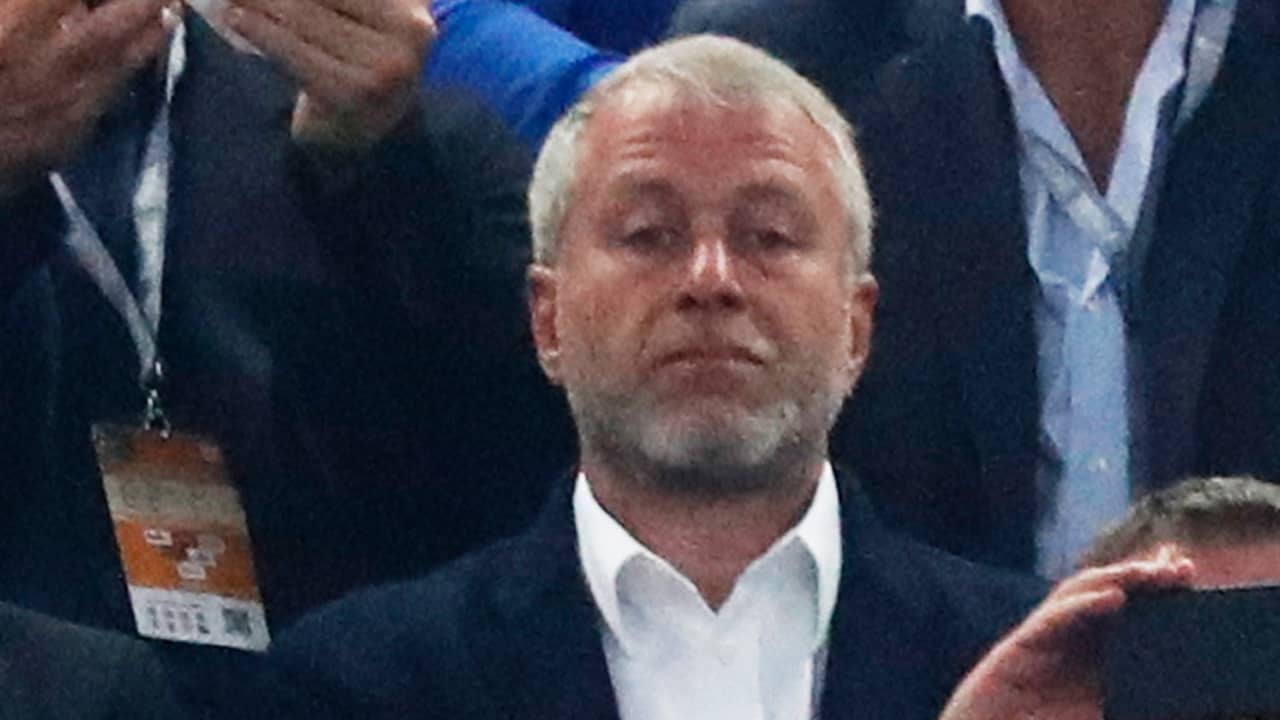The Russian oligarch and multi-billionaire Roman Abramovich has made suspicious payments for more than 1.3 billion dollars (more than 1.1 billion euros) via ING in Amsterdam. This is evident from analysis of the FinCen Files on Monday Faithful, The Financial Times and research collective Research.
Abramovich has frequently transferred money back and forth between his own letterbox companies via his bank accounts at ING, as Deutsche Bank, which handles dollar transactions for ING, discovered.
Sending large sums of money back and forth in one day to and from businesses in tax havens like Cyprus and the British Virgin Islands makes it difficult to trace the origin of that money.
In 2016, Abramovich would have moved one fifth of his then estimated assets through ING in this way.
Deutsche Bank considered the transactions suspicious because the payments were round, were transferred back and forth on the same day and served no clear economic purpose.
An American bank already asked ING questions about the transactions in 2016, but Abramovich was able to make these types of payments until 2017.
Abramovich, a friend of Russian President Putin and owner of the English football club Chelsea, denies that he is involved in money laundering and that the transactions are part of an internal restructuring.
FinCEN Files reveal money laundering practices of banks
More than 2,500 documents from the American anti-money laundering unit FinCEN were leaked on Sunday. The secret documents show how for years banks helped their customers divert and launder suspicious money.
Suspected abuses within the British bank HSBC, ING, Deutsche Bank, JP Morgan and Barclays Bank, among others, come to light.
The documents show, among other things, that two Dutch companies may have diverted billions of illegal dollars from Russia. Rich Russians could secretly move their money to the West. An ING subsidiary in Poland played an important role in this
More than a hundred media organizations in over 88 countries, including Faithful, Financial Newspaper and research collective Investico, simultaneously published the findings from the documents on Sunday. The documents had been leaked to the news site Buzzfeed and then shared with the International Consortium of Investigative Journalists (ICIJ).
– .


